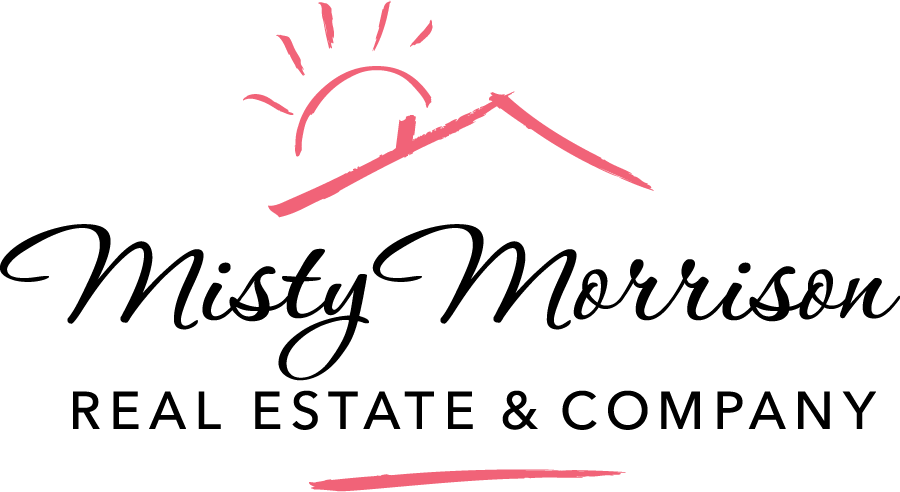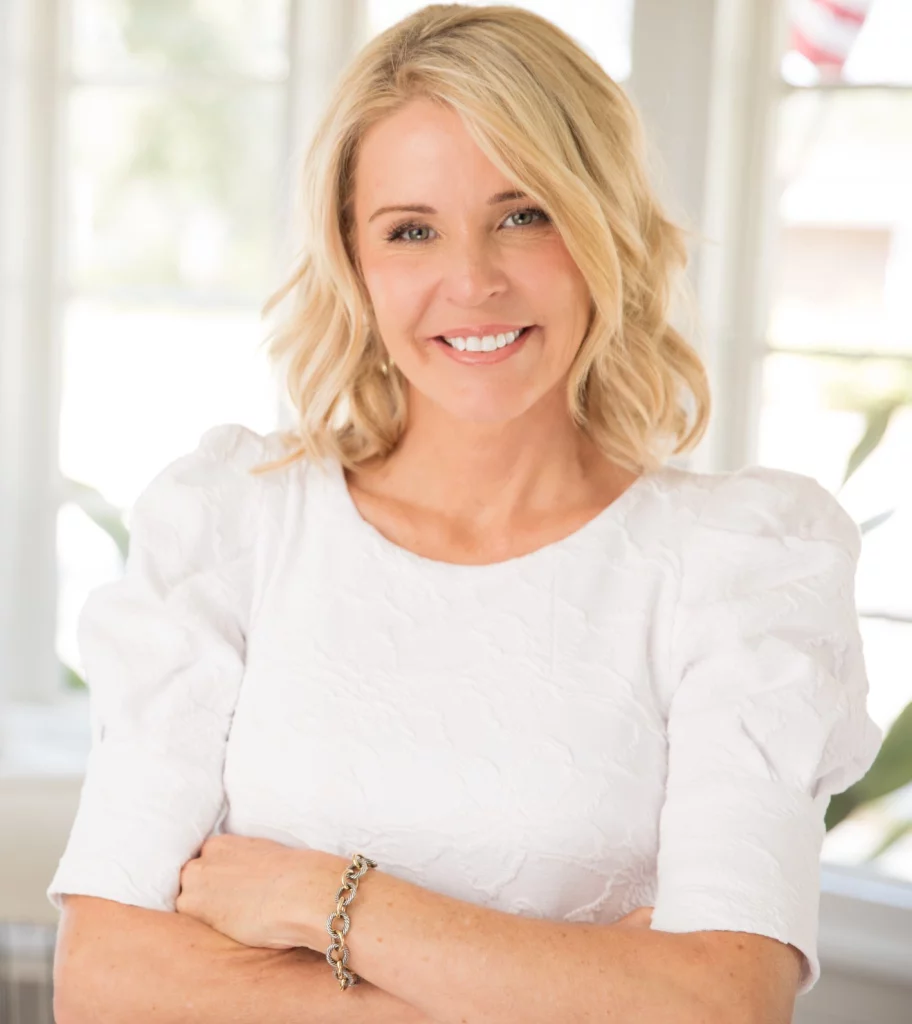 Buying a home is a big step, and it can be downright intimidating when you start crunching numbers. Especially if you need first-time homebuyer guidance.
Buying a home is a big step, and it can be downright intimidating when you start crunching numbers. Especially if you need first-time homebuyer guidance.
But here’s the thing: you don’t need to be a math wizard or a real estate expert to figure out how much house you can afford. With a little guidance (and our trusty mortgage calculator), we’ll walk you through it step-by-step.
Step 1: Calculate Your Income & Debt (or, “How to Make Your Paycheck Work for You”)
Let’s start with the basics: how much money comes in each month and how much goes right back out the door. To a lender, this is called your debt-to-income ratio, or DTI. Here’s how it works: they take all your monthly debt payments (that’s car loans, credit card minimums, any student loans), add them up, and divide by your gross monthly income. This number tells lenders how much of your income is already spoken for.
Most lenders like to see a DTI of 43% or less, which basically means no more than 43% of your income should go toward debt and your future mortgage combined.
Example: Say you’re pulling in $5,000 a month. Your total debts shouldn’t exceed about $2,150, including your future mortgage payment. Not too tricky, right? If you need support, you can use a DTI calculator like this one to get the numbers straight.
Insider Tip: Try to keep your DTI as low as possible—it’ll help you qualify for better loan terms and may even keep your stress levels down.
Step 2: Understand Your Monthly Expenses Beyond the Mortgage (Hint: There’s More to It Than the Sticker Price)

Now, here’s where partnering with an expert team like ours helps keep you in control of the homebuying process. Your mortgage payment is just the main course—there are a few sides you’ll need to budget for, especially in Melbourne. Let’s break it down:
- Property Taxes: Florida’s property taxes average around 0.83%, but this varies by county. In some areas, they can add hundreds to your monthly costs, so it’s worth checking with our team (or this helpful property tax map) if you need expert insight.
- Homeowners Insurance: Hurricanes are a fact of life here, so Florida homeowners insurance accounts for this—think around $1,500–$3,000 a year, depending on location.
- HOA Fees: If you’re eyeing that beautiful condo or gated community, HOA fees could run anywhere from $100 to $1,000 a month. These pay for amenities and maintenance but are easy to overlook if you’re new to the process.
Quick Tip: We know that having the full picture of expenses up front will save you from unexpected surprises later, and our goal is to find you the perfect home.
Step 3: Consider Closing Costs and Upfront Payments (Your “Welcome to Homeownership” Package)
When you’re buying a home, the down payment is the biggie, but closing costs should be accounted for as well! These can include everything from appraisal fees to title insurance, running between 2%–5% of the purchase price.
Then, there’s the down payment itself. Many first-time homebuyers think it’s always 20%—but not so! You might qualify for loans with down payments as low as 3% or 5%, or even zero if you’re a veteran. Looking to connect with a lender who can make sure you leave no program or benefit that you qualify for unclaimed. We’ve compiled our Preferred Lending Partners list to help!
Pro Tip: Just remember, lower down payments may come with higher monthly costs, so it’s all about balancing what you’re comfortable with.
Step 4: Factor in Lifestyle Costs (AKA, Don’t Forget to Have a Little Fun!)
 Homeownership is amazing, but you don’t want to spend every cent on the house. Think about your lifestyle, hobbies, and let’s face it—your vacations! Having a budget that allows you to keep enjoying life makes a huge difference.
Homeownership is amazing, but you don’t want to spend every cent on the house. Think about your lifestyle, hobbies, and let’s face it—your vacations! Having a budget that allows you to keep enjoying life makes a huge difference.
Also, Melbourne has its own unique challenges, like hurricane prep. Whether it’s an emergency kit, storm shutters, or regular AC maintenance, budgeting for these Melbourne-specific extras will help keep your peace of mind (and your wallet) intact.
Handy Hint: Budget about 1% of your home’s value annually for maintenance. It’s a good safety net for unexpected repairs, and it keeps your home in tip-top shape.
Step 5: Plan for Future Expenses & Building Equity (or, Why Your House Can Be More Than Just a Roof Over Your Head)
This one’s the cherry on top: thinking long-term. Beyond monthly costs, remember that your home can actually build wealth over time, thanks to property appreciation. This means each mortgage payment isn’t just an expense—it’s building your equity.
And while homeownership brings occasional maintenance costs, over time, the value of your property in a hot market like Melbourne’s can rise. Plus, with a little smart planning, upgrades (like energy-efficient windows or that dream kitchen remodel) can boost your home’s worth and your overall enjoyment.
Insider Wisdom: Owning a home is like making an investment in yourself. Approach it with a balanced budget, and you’ll be building both a lifestyle and long-term financial security.
Ready to Take the Next Step? Here’s to the Journey!
Buying a home in Melbourne is an exciting adventure, and knowing what you can comfortably afford makes it even better. With these tips and a clear-eyed look at your budget, you’ll be ready to make a smart, empowered decision. And don’t worry—whenever you need support, we’re here to guide you.
So go ahead, picture that perfect home, run the numbers, and reach out to Misty Morrison Real Estate & Company. We’re ready to help you make this dream a reality, one practical step at a time.
Call us at (321) 574-8119 or connect with us by email.

